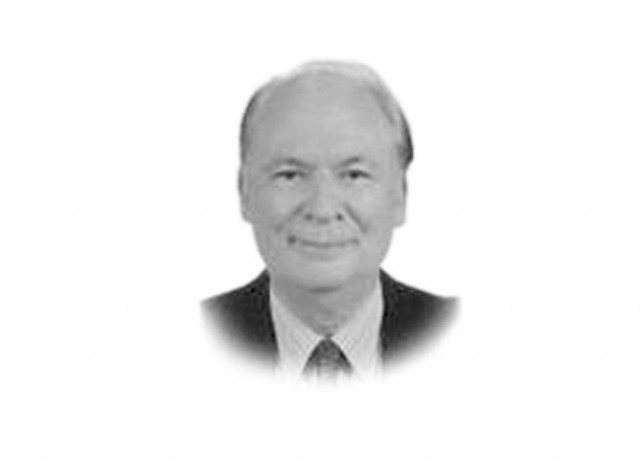Why are the people silent?
There is the odd protest, but it is never against issues that strike at the very core of our constitution.

Now here is the 64-dollar question: is the targeted killing of Shias not a form of terrorism, or does the label apply only to suicide bombers who blow up police stations, army installations and foreign missions? A number of people have asked me why the army was not doing something about it. In practice, it is the president that has to issue the order for the army to act. But our president, who is cocooned in an impregnable fortress in Islamabad where even the windows have been barred, is obviously not interested. He appears reluctant to stop the foreign funding that is fueling the home grown religious fundamentalists financing the many madrassas and militant organisations that preach hatred against the Americans and Europeans and different sects of Islam. Besides, his main occupation these days is planning another five-year term for himself and the PPP. And one of the ways he is doing this, according to Chaudhry Nisar Ali Khan, leader of the opposition in the National Assembly, is by spending billions of rupees of public money on bribing journalists and buying votes. Surely, a popularly elected president in a Peoples’ government would have visited the survivors of the two terrible fires in Karachi and Lahore, especially after his popularly elected chief minister in Sindh had stopped his labour minister from inspecting local factories. Were the workers who were burnt and killed in the factory not part of the People?
I wonder how many citizens of Pakistan know that the founder of this nation was a Shia. If the country had not been wrenched out of the subcontinent in 1947, many of the schmucks who have ended up as secretaries and ministers in democratic and military set-ups would, in all likelihood in an undivided India have been junior clerks, driving tractors or trams or selling manjan in buses. Of course, not everybody who came over or was already here was a yahoo. We have had our share of good administrators, doctors, scientists and bankers. But, regrettably, the quality of the political and military leadership has been abysmal to say the least. What is most unfortunate is that in this climate of fear the silent majority remains silent. There is the odd protest, but it is never against issues that strike at the very core of our constitution. Pakistan is slowly turning into a police state with strong religious undertones — which is the very antithesis of what was preached by the founder of our nation. Regrettably, the people have lost the will to stand up and fight, because what was once considered reprehensible is now the accepted norm.
Published in The Express Tribune, September 16th, 2012.














COMMENTS
Comments are moderated and generally will be posted if they are on-topic and not abusive.
For more information, please see our Comments FAQ